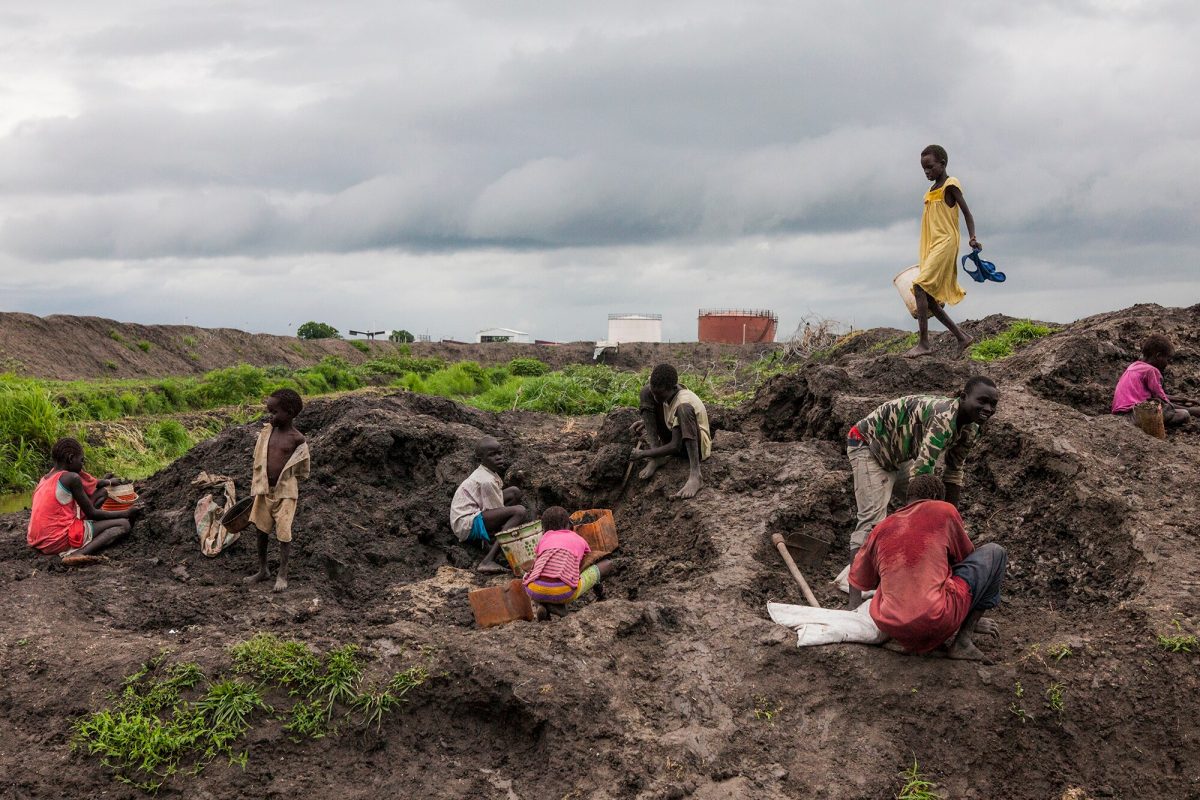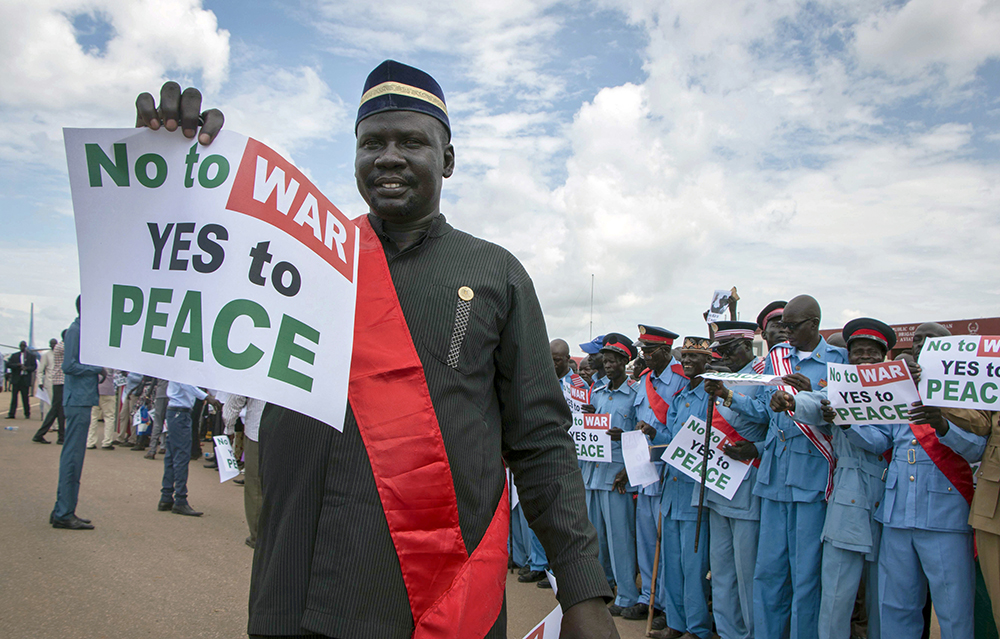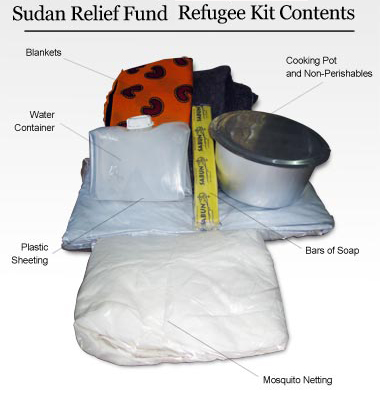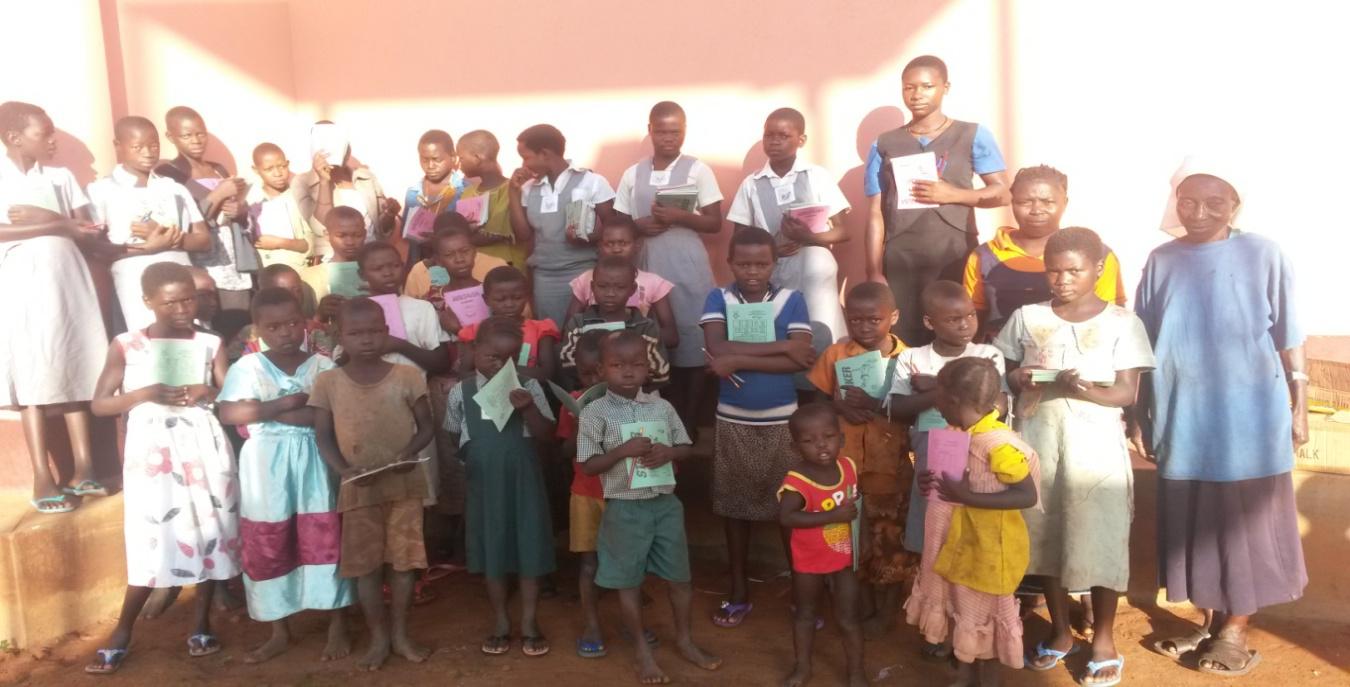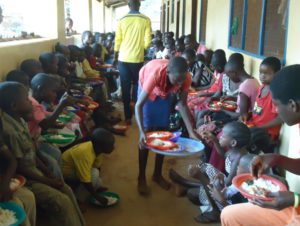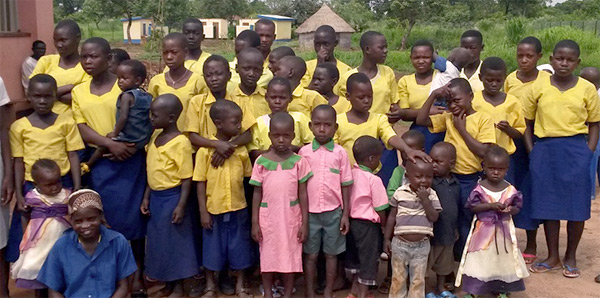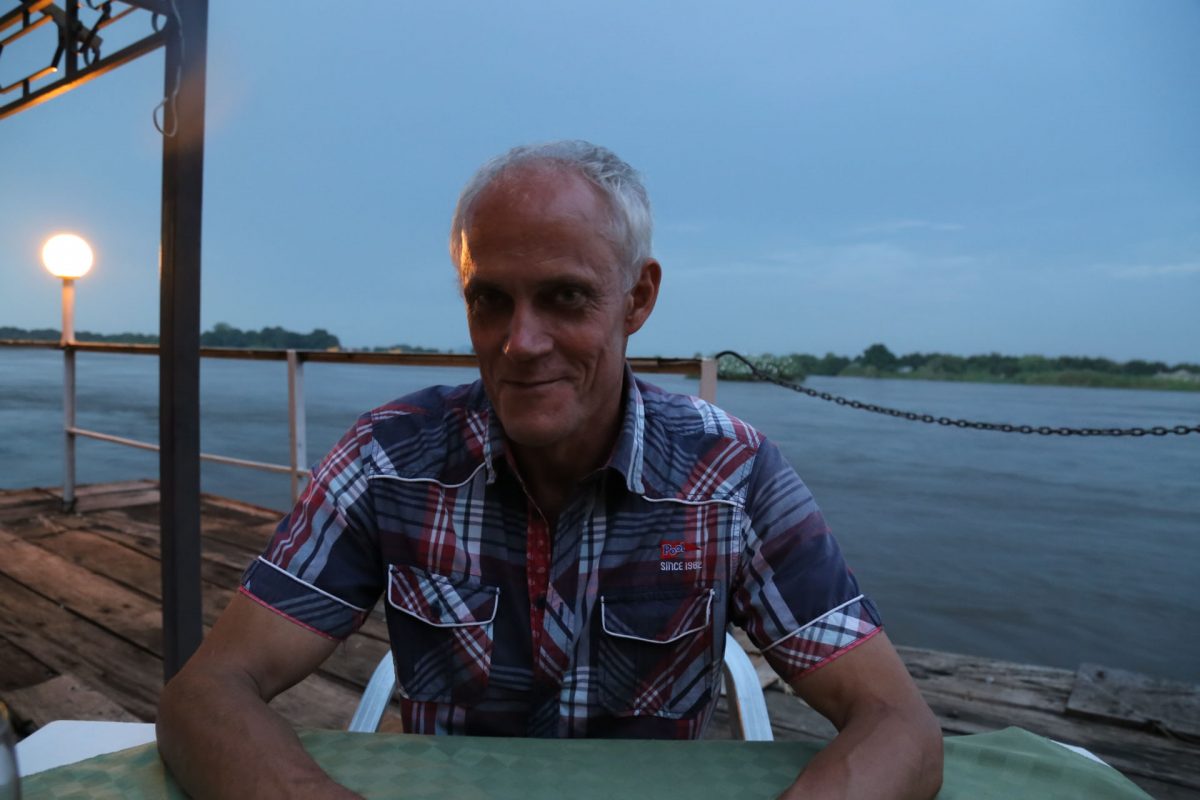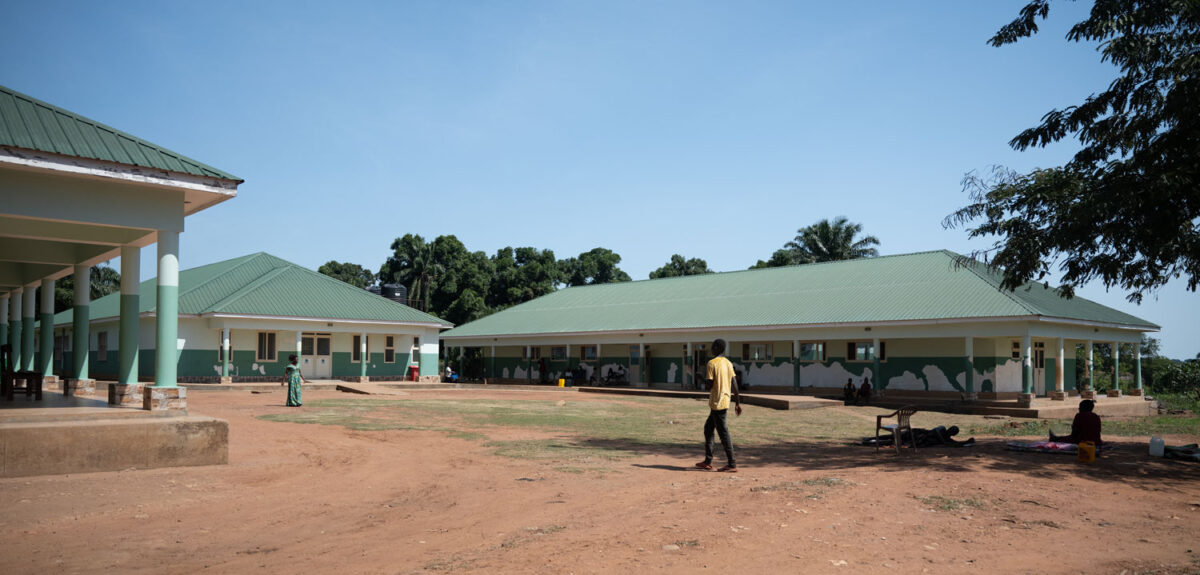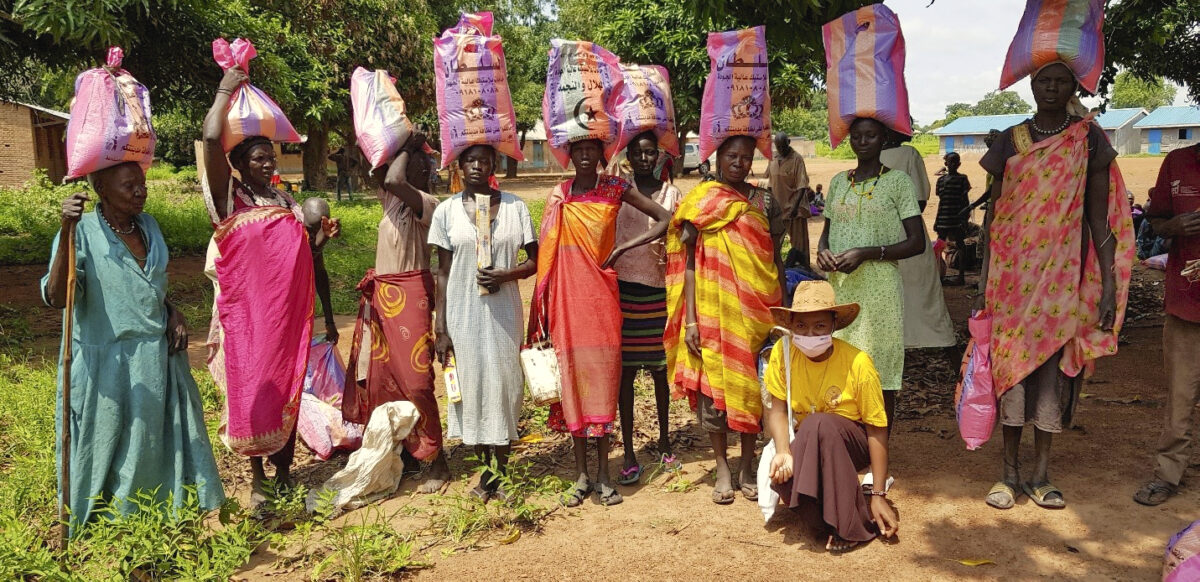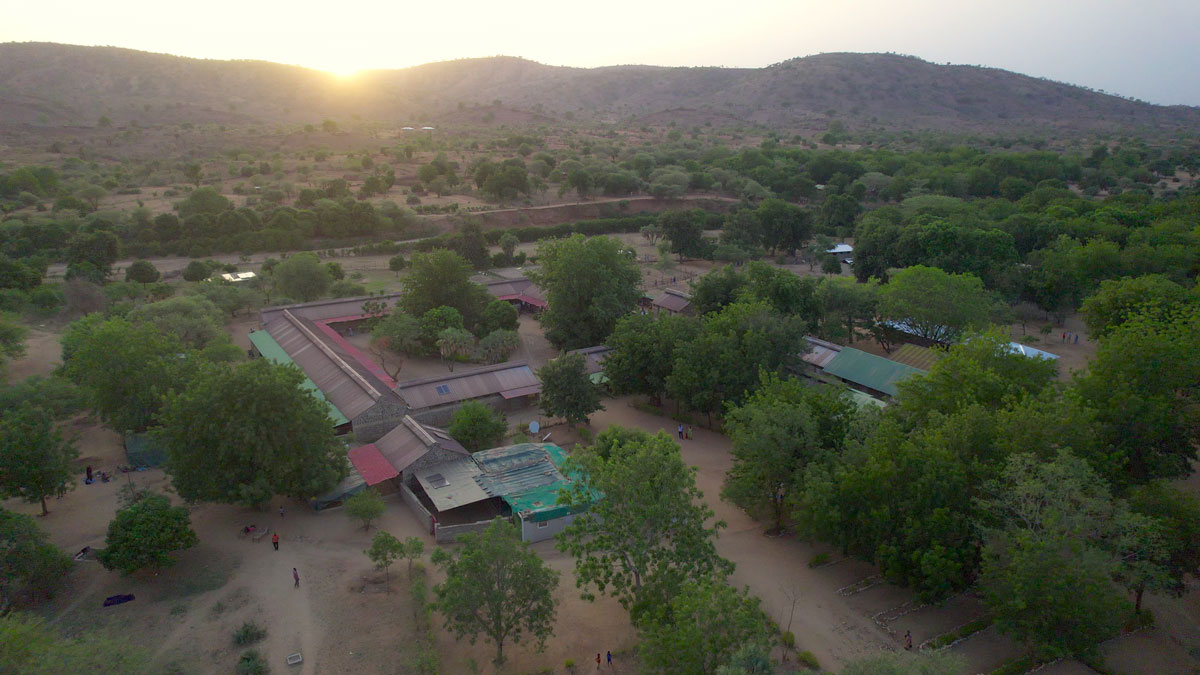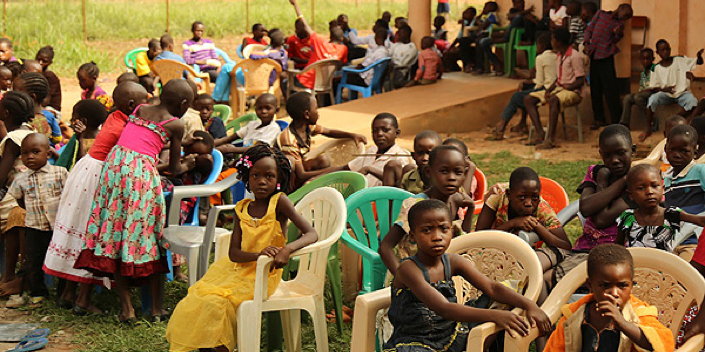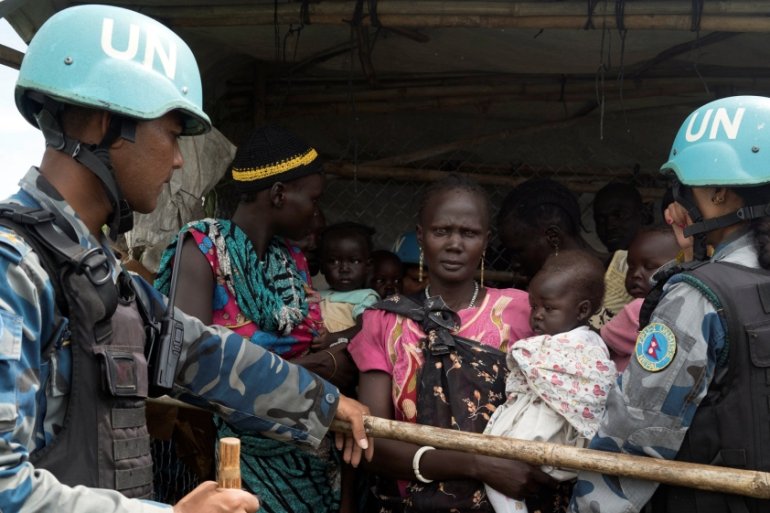
UN Security Council Backs More Troops to Halt War in South Sudan
The United Nations Security Council approved an expanded mandate for its peacekeepers and added an additional 4,000 troops to its mission in South Sudan, rebuffing government objections, in a bid to halt an all-out civil war in the oil-producing country.
The Security Council on Friday granted additional powers to peacekeepers enabling them to use “all necessary means” to protect UN personnel and to take “proactive” measures to protect civilians from threats.
“The whole point about this process is fighting needs to stop and the peace process needs to be embarked on with some seriousness,” said Peter Wilson, U.K. deputy permanent representative to the UN. “The government of South Sudan has an opportunity to prove to the world and more importantly to its own people that it is serious about peace.”

